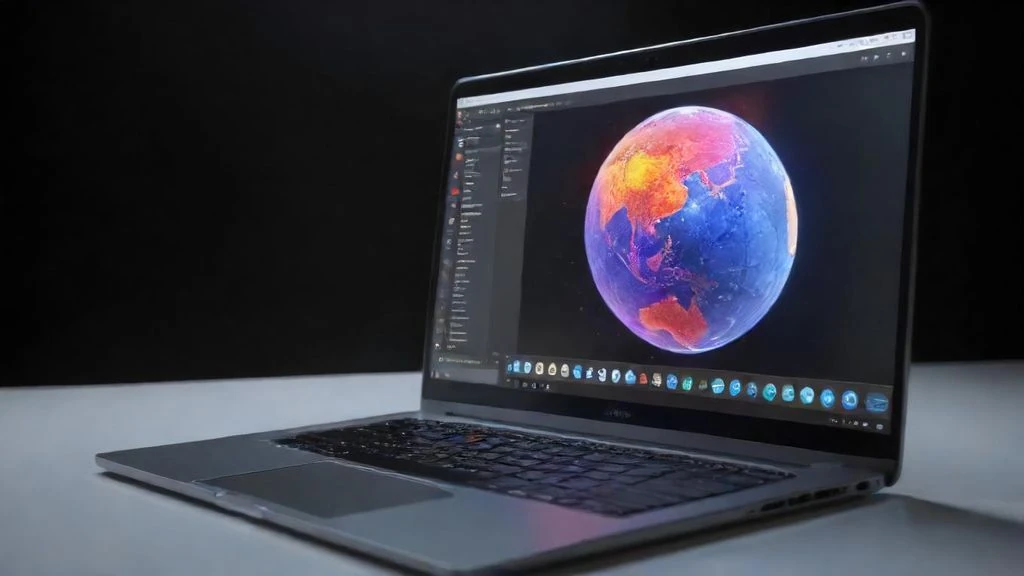OpenAI's Atlas Browser: AI Revolutionizing Web Navigation
10 Nov 2025 12:52 — Written by Lorenzo Pellegrini



Lorenzo Pellegrini
10 Nov 2025 12:52
Atlas: OpenAI's Rumored AI-Powered Browser Set to Revolutionize Web Navigation
The landscape of internet browsing may be on the cusp of a significant transformation with the emergence of rumors surrounding "Atlas," a new browser reportedly in development by OpenAI, the artificial intelligence research lab behind models like ChatGPT. While details remain scarce and unconfirmed by OpenAI, the prospect of a browser deeply integrated with an AI agent promises to redefine how users interact with and consume online information.
What is Atlas and What Does it Entail?
According to leaked information and industry speculation, Atlas is envisioned not just as a tool for accessing websites, but as an intelligent companion that understands and acts upon user needs within the browser itself. This concept suggests a departure from traditional browsers that primarily serve as conduits for information, moving towards an experience where the browser actively assists, summarizes, and even generates content based on user queries and browsing context. The integration of an AI agent aims to streamline tasks, provide instant insights, and personalize the web experience in ways currently unimaginable with existing solutions.
Potential Features and Capabilities
While official specifications are absent, the concept of Atlas hints at a powerful suite of AI-driven features:
- Intelligent Summarization: The AI agent could condense lengthy articles, reports, or web pages into concise summaries, saving users time and highlighting key information.
- Contextual Assistance: Atlas might offer real-time help or suggestions based on the content being viewed, such as defining terms, providing background information, or answering questions related to the webpage.
- Automated Task Completion: Imagine filling out forms, booking appointments, or researching complex topics with minimal user input, as the AI agent handles the mechanics.
- Personalized Content Discovery: By learning user preferences and browsing habits, Atlas could proactively suggest relevant content or tailor search results more effectively.
- Enhanced Search Capabilities: Moving beyond simple keyword matching, Atlas could interpret natural language queries with greater nuance, understanding intent and providing more relevant and comprehensive answers.
The Impact on Web Browsing and AI Integration
The development of Atlas, if realized, could signify a pivotal moment in the convergence of artificial intelligence and everyday digital tools. It challenges the established browser market dominated by players like Google Chrome, Mozilla Firefox, and Apple Safari. By embedding AI at such a core level, OpenAI could set a new standard for what users expect from their web browsing experience, shifting the focus from passive consumption to active, intelligent interaction. This approach aligns with the broader trend of AI becoming more integrated into our daily lives, moving from standalone applications to seamless assistants within our most-used platforms.
Challenges and Future Outlook
Despite the exciting potential, significant hurdles lie ahead. Developing a browser with such advanced AI capabilities requires immense computational power, sophisticated AI models, and careful consideration of user privacy and data security. Ensuring the AI agent's responses are accurate, unbiased, and helpful will be paramount. Furthermore, user adoption will depend on the perceived value proposition and how seamlessly Atlas integrates into existing digital workflows without causing disruption. The competitive landscape also presents a challenge, as established browser providers are also investing heavily in AI features.
Conclusion
While Atlas by OpenAI is still in the realm of speculation, the concept represents a bold vision for the future of the internet. If successful, it could usher in an era of more intuitive, efficient, and intelligent web navigation, fundamentally changing how we learn, work, and connect online. The tech world will be watching closely for any official announcements from OpenAI regarding this potentially game-changing browser.